Menu
Columns
Showing 3546 Columns
Showing 3546 Columns
October 10th, 2013
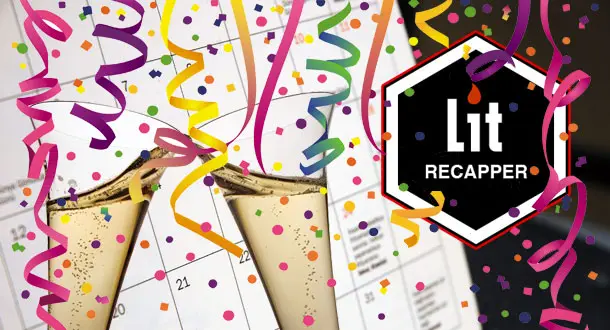
I've already been assured by multiple people that I'll never coin a better phrase than ho-lee shitreactors, and I think I'm inclined to agree.
Read Column →October 10th, 2013
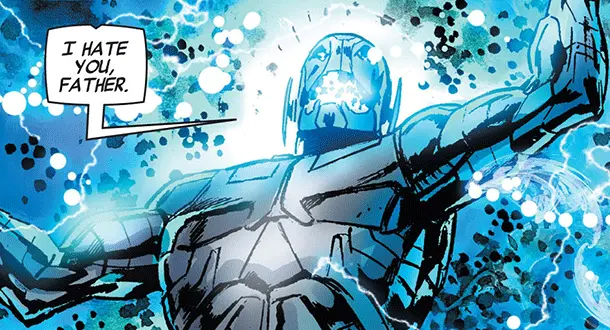
When Marvel released the identity of the next villain the Avengers will be facing, I'll admit I felt just a twinge of disappointment. I thought the announcement was all but made after the credits rolled and we saw the manic purple grin of Thanos the Mad Titan, a bad guy of such epic proportions I could spend the rest of my career writing about nothing else. However, even though I was really looking forward to the moment Thanos put on the Infinity Gauntlet and punched the entire universe in the face, the villain they announced is the next best thing.
Read Column →October 9th, 2013
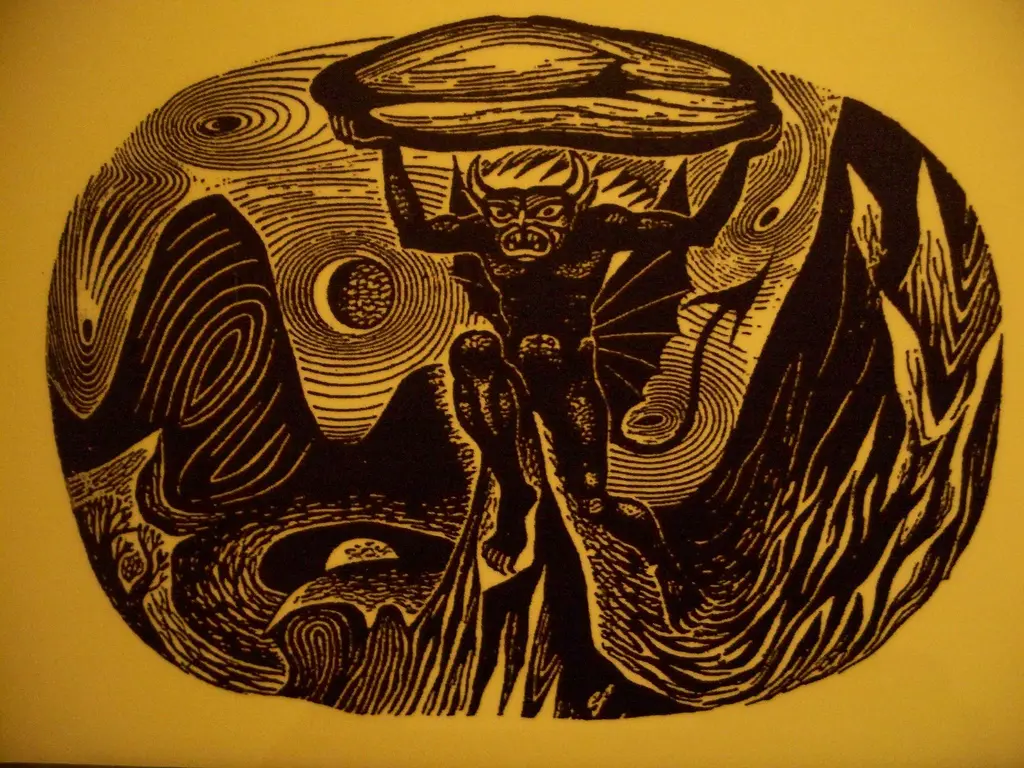
Can you guess his name? Satan, Lucifer, Beelzlebub, The Boogey Man, Old Nick, Krampus, King of Hell. The Devil has more working aliases than J.K. Rowling. In turns revolting, terrifying, charismatic, tragic, and a bit of a drama queen, the Devil is a difficult character to pin down. From Goethe's Faust to Bulgakov's 20th century satiric masterpiece, he is without a doubt one of the most versatile and enduring literary archetypes of all time.
Read Column →October 9th, 2013
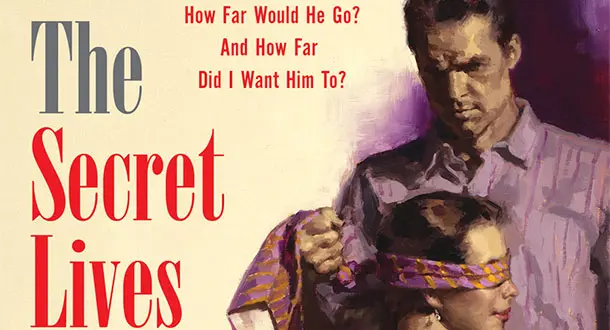
Sex is at the heart of what it means to be human. It’s vitally important to nearly all of us. It’s a driving force in our daily lives (even when we’re celibate), and its mysteries are infinite. So it bewilders me that — as a rule — erotica is seldom taken seriously, either by writers or readers. Intelligent, well-written erotica is a rare, rare thing (and I’ve been looking for it all of my life).
Read Column →October 8th, 2013

Batman image by ArtOfWei, Roger Moore image via The Daily Mail My dad used to watch those 25 Days of Bond marathons they had on basic cable in the early 90s and I, having no other knowledge of the crime or mystery genre, thought that all spies were like James Bond. He was magnetic and suave and everything that spy should be, as anyone who has breathed knows.
Read Column →October 7th, 2013
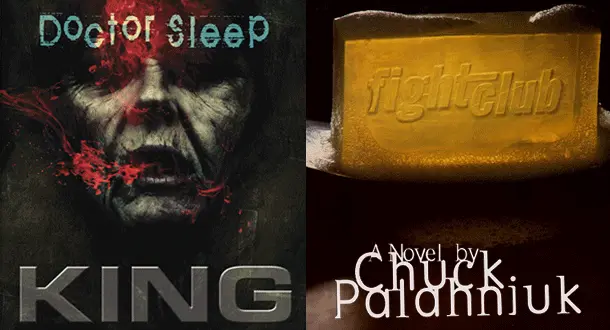
The idea for this column came about a few months ago as the hype for Doctor Sleep, Stephen King’s sequel to The Shining, was growing. Just around the same time I read that Chuck Palahniuk was working on a graphic novel sequel to Fight Club. Both of these sequels come years, decades even, after the preceding books—39 years for King, and at least 18 years for Palahniuk.
Read Column →October 4th, 2013
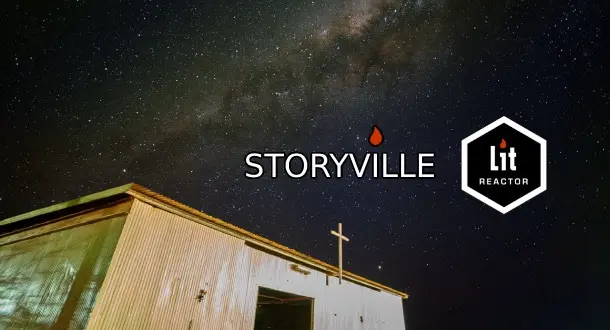
So obviously this is a personal list, not any sort of final say on what the “best” scary books are. Unfortunately, even though I’ve read a LOT of books, there are still some classic horror novels, and contemporary masterpieces, that I haven’t gotten to.
Read Column →October 4th, 2013
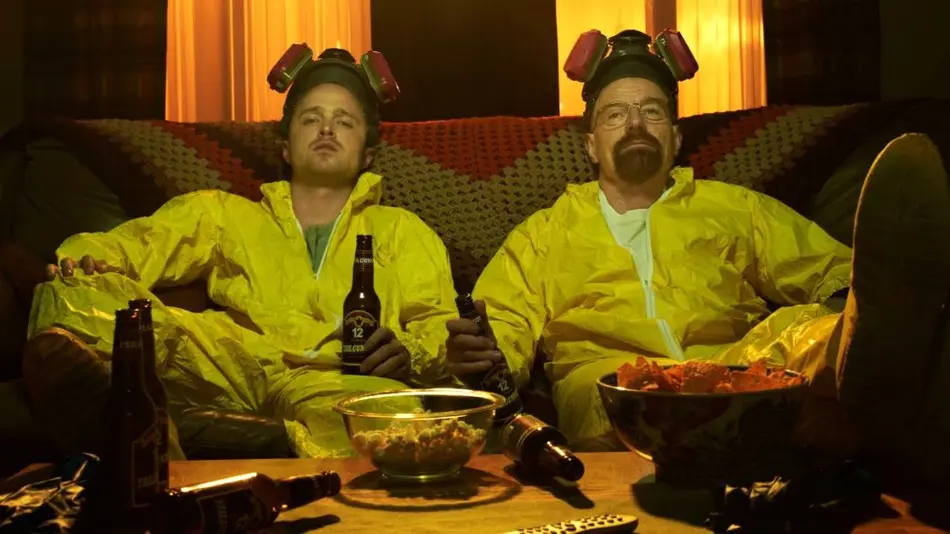
“I liked it… And I was really—I was alive.” - Walter White, “Felina”, Breaking Bad Walter White’s explanation for what was arguably, the most epic mid-life crisis ever, pretty much sums up the way I felt while watching nearly every episode of Breaking Bad. While the series was both superbly acted and shot, for me, it was the writing that made this show a once-in-a-lifetime experience.
Read Column →October 3rd, 2013
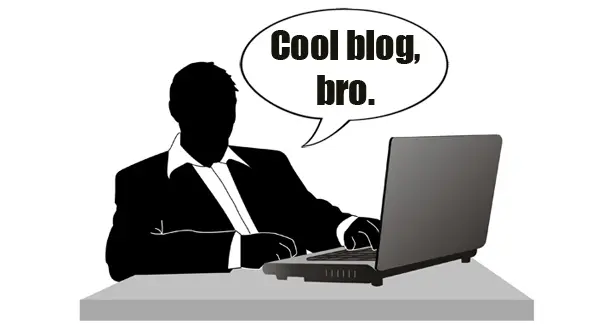
If the causes of the Big Bang remain a mystery, the expansion of the Blogoverse can be traced back to the day a writer first discovered Wordpress. With the exponential growth of the form since, The Onion will soon run a story on how scientists have determined that in less than a year the sheer mass of writing blogs will rupture virtual reality and send us all hurtling into hyperspace doom.
Read Column →October 2nd, 2013
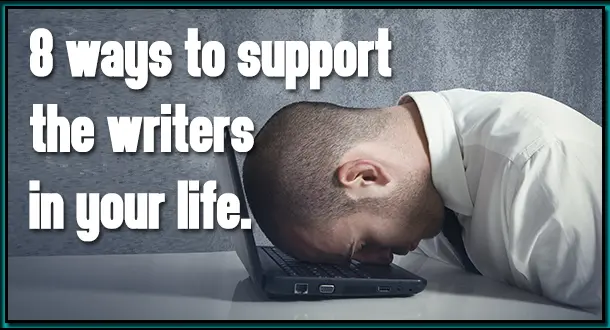
Beyond my personal experiences as a writer, I've also been close friends with more writers than I can count. (That may just be because I'm bad at math, though.) I have relatives who write, I have friends who write, I've dated people who write ... I've seen the relationship from many different angles and figured out a few of the best ways to support the writers I'm close to. While it's important to remember that there's no "one size fits all" option, these eight tips provide a solid starting point for supporting the writers in your life.
Read Column →🎼
Tell us about your book, and we'll give you a writing playlist
Take our 1 minute quiz to find your ideal tunes.